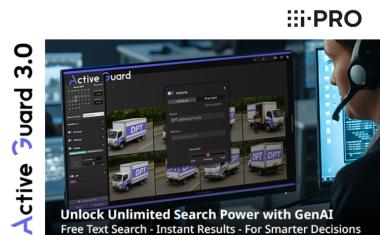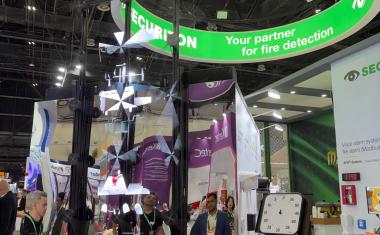Essex and Metropolitan Police: Registered Alarm Receiving Centres to be Echo-connected by 1st October 2021
Echo (Electronic Call Handling Operations Ltd), the industry-backed alarms handling operator, has announced Essex Police and the Metropolitan Police jointly issued notice to their registered Alarm Receiving Centres (ARCs) to be ECHO-connected by 1st October 2021.

Chief Superintendent Ewen Wilson, Head of Contact Management Command, Essex Police said “From the outset we have been at the forefront of the transition from existing telephone call handling of alarm activations to a modern, fully automated solution providing tangible benefits, including the reduction of call handling demands and police response times. Having been the first police force in the UK to successfully test and adopt the new process, we have every confidence in the delivery of this new automated service. After careful consideration, Essex Police are now giving notice to registered ARCs that we expect them to become Echo-connected by 1st October 2021 in order to retain police response for verified alarm activations of Intruder and Hold-Up Alarm Systems.”
Following recent successful ‘end to end’ testing of Echo’s new automated alarm signalling transmission service, these two police forces are now accepting Intruder Alarm System (IAS) and Hold-Up Alarm (HUA) activation alerts directly into their police control rooms, without the need for manual call handling. From Friday 1st October 2021 both police forces expect all alarm signals from approved ARCs to be transmitted in this way via the Echo platform, prioritising and increasing speed of police response.
The introduction of the Echo-connected service is the alarms industry response to the NPCC Requirements (‘Police Operational Advice and Security Industry Requirements for Response to Security Systems 2020’). Section 3.1.4 of the Requirements states ‘all Intruder Alarm System (IAS) and Hold-Up Alarm (HUA) activations be electronically transmitted to police control rooms should the police force concerned be able to receive signals in this form’.
In 2016 Operational Advice envisaged the potential benefits to the alarm user, industry and police service of the automatic electronic transfer of alarm signals, in eliminating communication errors and delays associated with manual telephone call handling, to ultimately provide a quicker police response.
Alarm Receiving Centres registered with the Metropolitan Police Service and/or Essex Police requiring assistance to transmit alarm signals via Echo should contact their alarm monitoring software provider.













